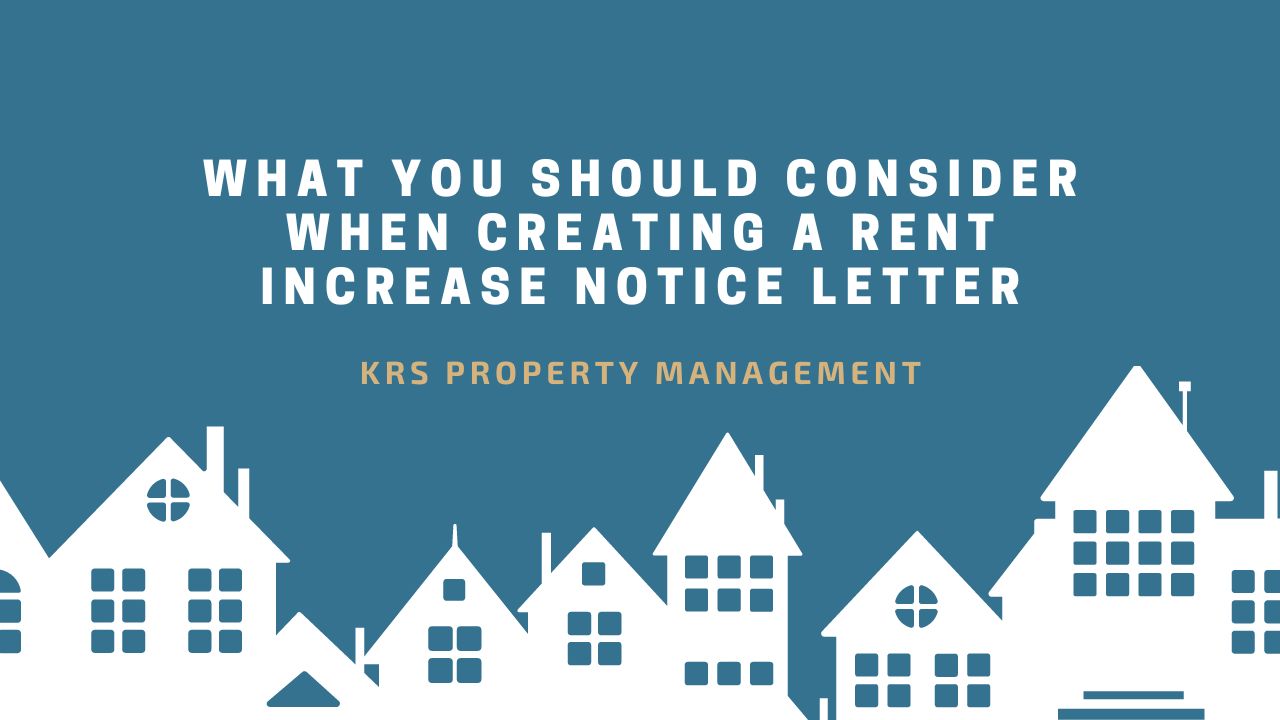
With rising property taxes a rent increase is a inticing idea. Navigating this process can be challenging, but a well-crafted rent increase notice letter is key to maintaining a positive landlord-tenant relationship.
This article will guide landlords through the essential elements to include in their rent increase notice, ensuring it is respectful and legally compliant. Whether you're adjusting for market changes, property improvements, or increased operational expenses, our insights will help you communicate effectively with your tenant.
Let's explore how to create a monthly rent increase letter that balances your business needs with empathy towards your renters, fostering a continued, amicable partnership.
What is a Rent Increase Letter?
Notice of rent increase is a formal communication from you, the landlord, to the landlords tenant, detailing an upcoming change in the rental price. Typically, the law stipulates that rent increases cannot be implemented during the current lease term, especially for fixed-term leases like annual agreements. The primary objectives of this letter are:
- To transparently explain the reasons behind the rent increase notice, detail the new rent amount, and provide any other relevant information.
- To officially notice document that the tenant has been informed of the rent increase promptly, as per legal requirements.
It's important to note that the regulations surrounding monthly rent increase notice can vary significantly depending on your location. These laws dictate when and by how much a landlord can get more rent, so familiarizing themselves with local regulations is a crucial first step.

Things to Keep in Mind When Drafting Rent Increase Letters
Discover the crucial considerations and best practices to ensure your rent increase letter is clear, fair, and legally compliant:
Timing is Key
In most situations, you're required to wait until the current lease agreement is up before increasing the rent. This generally means giving your tenant a 30- to 60-day notice before the lease expiration. However, there are exceptions if your lease agreement explicitly states that the monthly rent can be increased mid-term, and the tenant has agreed to this by signing the lease, a landlord might be able to implement rent increases sooner.
The timing of the rent increase notice is not just for legal protection but to also give the landlord and the tenant time to find alternative arrangements if they choose not to opt for a lease renewal. A Landlord should always refer to local housing laws to ensure their notice period complies with state requirements.
Setting Reasonable Increases
The amount by which a landlord can increase the rent often depends on local legislation, particularly in states and local jurisdictions with rent control laws. While there's a general trend of 3% to 5% annual increases in line with market conditions, some areas accept more substantial increases.
In places with strict controls, a landlord might need to provide even longer rent increase notice periods for significant increases. Speaking with a local legal expert or property manager can help landlords navigate the process more seamlessly.

Justifying the Increase
To maintain a good relationship with your tenant and ensure they understand the rationale behind the rent increase, it's vital to provide clear justifications. Common reasons include:
- Inflation: Economic conditions can erode your profit margins, making a rent increase necessary to maintain your investment's viability.
- Rising Operational Costs: Increases in utility bills, rental property maintenance, or nuanced service charges can sometimes necessitate a rent adjustment.
- Property Improvements: Enhancements or upgrades to property not only justify a rent increase but also add value for tenants, making this a particularly persuasive reason to implement rent increases.
- Increased Property Taxes: If your tax obligations on rental housing go up, adjusting the rent can help offset these additional costs.
Be transparent and honest in your communication with tenants to prevent misunderstandings and foster trust.
Protecting Tenant Rights
Most states have specific protections in place for tenants regarding raising rent, including:
- Written Notice Requirement: Verbal notice are not legally binding; a formal written notice is, therefore, often required.
- Restrictions on Timing: Typically, rent can only be increased at the end of a lease term unless otherwise stipulated in the lease agreement.
- Reasonableness: Any rent increase must be reasonable to avoid driving tenants away or issues of housing discrimination. In rent-controlled areas, there are strict caps on how much the rent can be increased.
Tenants have the right to contest an unreasonable increase, which could lead to legal disputes, so it's crucial to approach rent adjustments with fairness and legality in mind.

Calculating the New Rent
Before deciding on the new rent amount, confirm that an increase is legally permissible and consider the following:
- Market Conditions: Research local rental trends to ensure your new rate is competitive yet fair.
- Lease Terms: Remember, raising rent can typically only be implemented at the end of a lease period so calculate the increase based on the dates it would be enforced.
- Rental Value: The adjusted rent should reflect the property's value, considering any improvements or changes in the real estate market since the lease or rental agreement began.
Drafting the Rent Increase Letter
When writing your rent increase letter, clarity and brevity are key. Essential elements to include are:
- Tenant's Details: Full name and address of the rental property.
- Increase Details: Specific amount of the increase and the date it becomes effective.
- Lease Details: Optionally, landlords can include the current lease expiration date, how long the tenant has to respond, and the reason for the increase for an added layer of transparency.
Bottom Line
Remember that crafting a rent increase letter is all about balance and communicating your needs while respecting your tenant's rights. Approach this task with clarity, empathy, and adherence to legal guidelines to maintain a harmonious landlord-tenant relationship and promote the tenant to accept the increase.
If the process feels daunting, consider partnering with a property management expert. KRS Holdings, serving the Richmond area, specializes in simplifying property management tasks. Let us help, ensuring your peace of mind and continued success in your rental property investment journey. Contact us today to learn more!






